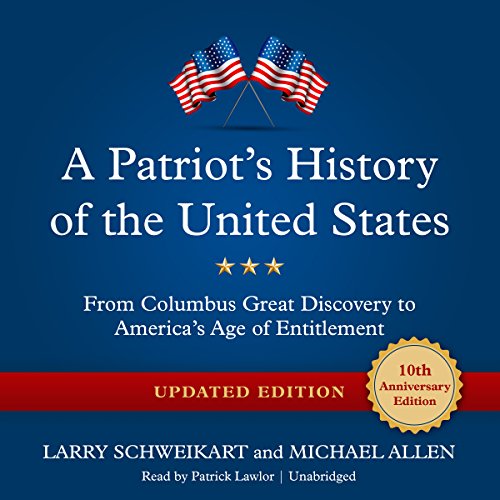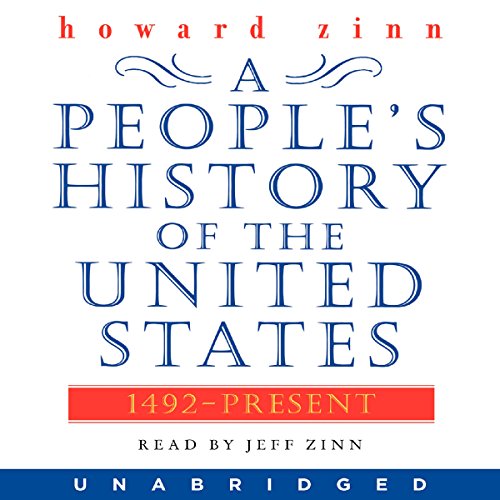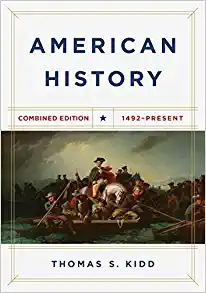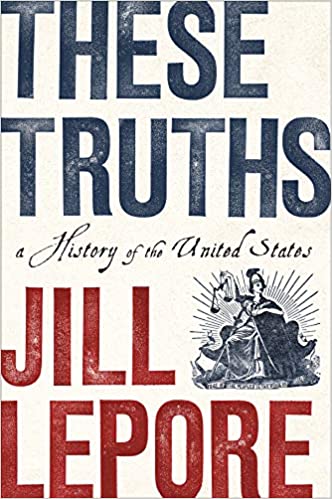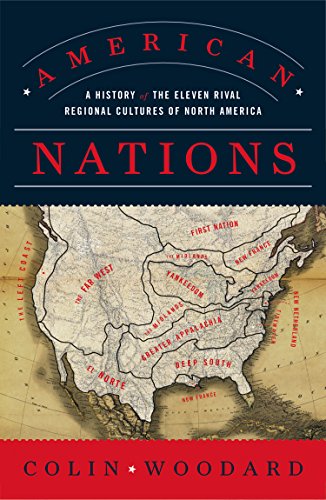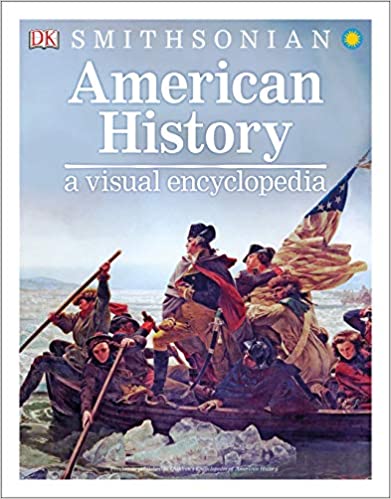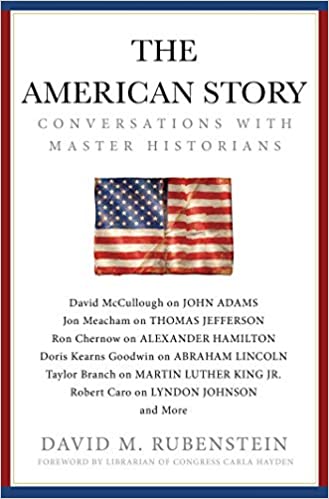Scheweikart & Allen A Patriot’s History Of The United States
Last updated: October 17, 2022
This book attempts an in-depth look at American history, including chronicling the country's involvement in both World Wars. It details economic policies and focuses on the values that have been an underlying theme throughout history. The book leans conservative, with the authors injecting their political opinions throughout, so if you're looking for a book from that perspective, this one's a great choice.
We looked at the top American History Books and dug through the reviews from some of the most popular review sites. Through this analysis, we've determined the best American History Book you should buy.
Product Details
Key Takeaway: This book takes a more upbeat, positive tone as it dissects American history starting with Columbus's arrival.
In our analysis of 34 expert reviews, the Scheweikart & Allen A Patriot’s History Of The United States
placed 7th when we looked at the top 7 products in the category. For the full ranking,
see below.
From The Manufacturer
Here is the revised and updated 10th anniversary edition of the number-one New York Times best seller. Over the past decade, A Patriot’s History of the United States has become the definitive conservative history of our country, correcting the biases of historians and other intellectuals who downplay the greatness of America’s patriots. Professors Schweikart and Allen have now revised, updated, and expanded their book, which covers America’s long history with an appreciation for the values that made this nation uniquely successful.
Expert Reviews
What reviewers liked
A fantastic way to get "true" American history. For such a thick volume, it reads incredibly well, even humorous in some parts. Refreshing after years in the institution of the university system.
The authors focus on American involvement in both World Wars and how American virtues, particularly free-market capitalism, helped to win them. An overarching theme is the idea of American exceptionalism, that the United States is a “shining city upon a hill” above all others.
Hearkening back to the histories and historians of the more distant past, A Patriot’s History of the United States is a new book that takes a very different approach to the course of human events. Rather than viewing those events as mere steps in an ever-advancing march of liberal history, it sees individuals and their ideas, and by extension nations and their principles, as the motivating force.
Here’s a text I can heartily recommend: "A Patriot’s History of the United States: From Columbus’s Great Discovery to the War on Terror," by Larry Schweikart and Michael Allen. It’s fresh, lively and bound to fill a void in many classrooms.
What reviewers didn't like
Overall, a very biased book that pretends not to be; it was written as a sulk toward Howard Zinn's A People's History of the United States, and it shows; while Zinn is open about his biases and actually reasonably objective, this book is not a history, but a collection of opinion pieces that glorifies the god that failed (democracy) and always abominates liberty in favor of it and jingoist nationalism.
Steeped in conservative dogma. The authors label progressivism as “one of the most destructive forces since slavery” and Woodrow Wilson as a “self-appointed messiah,” and the phrase “economic justice” appears only in ironic quotation marks. A predictable right-wing slant on American history.
A Patriot’s History is biased in its own way, of course, for it assumes that “if the story of America’s past is told fairly, the result cannot be anything but a deepened patriotism, a sense of awe at the obstacles overcome, the passions invested, the blood and tears spilled, and the nation that was built.”
For a moment, I thought it was Zinn’s People’s History, because the authors of Patriot’s History borrow so heavily from his cover and book design. We know that Patriot’s History is the usual drivel, in no small part because of its paucity of meaningful footnotes. Not so shockingly, the authors seek to “correct” liberal historians, not recognizing that historians come in many ideological shapes and sizes.
From our partners
